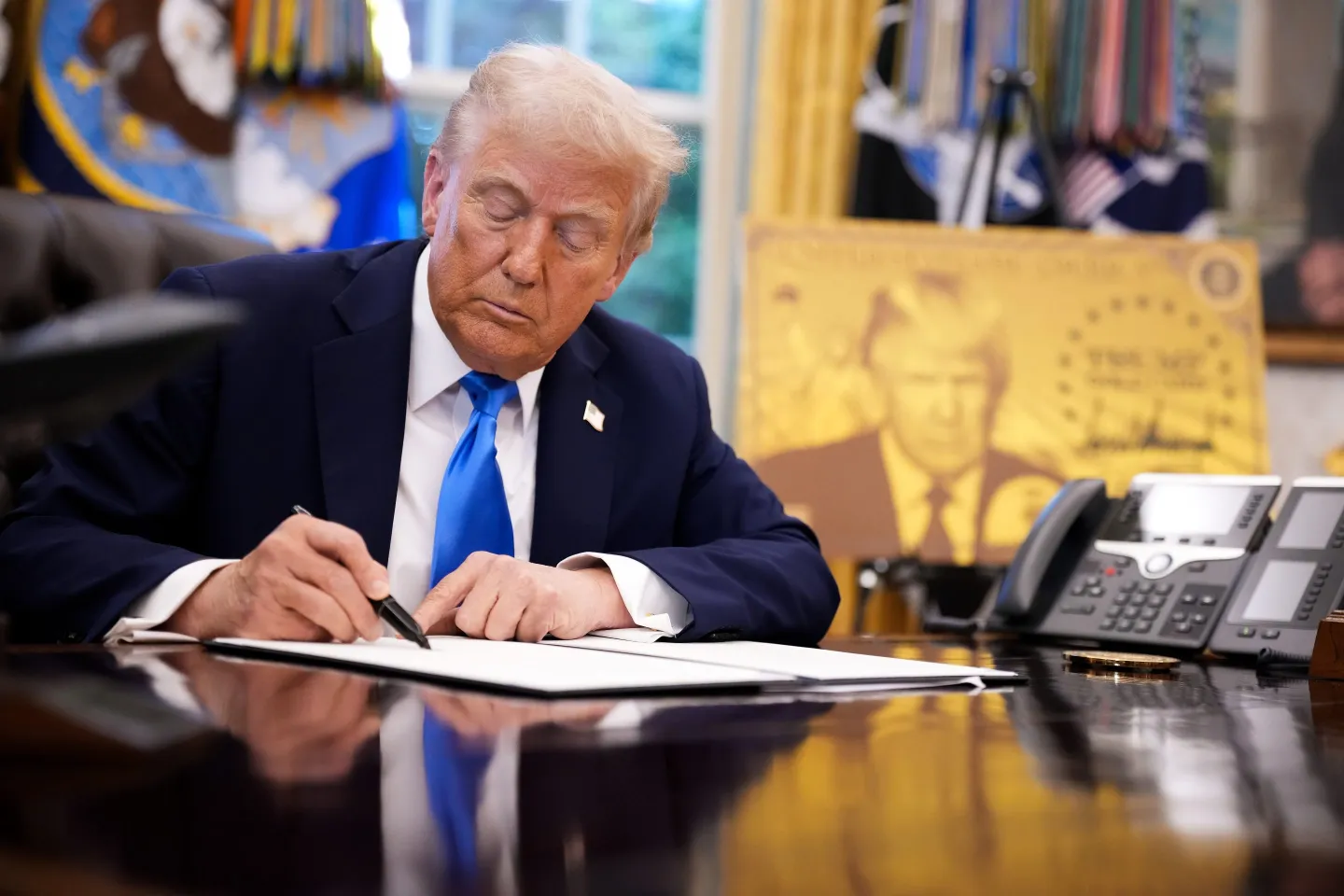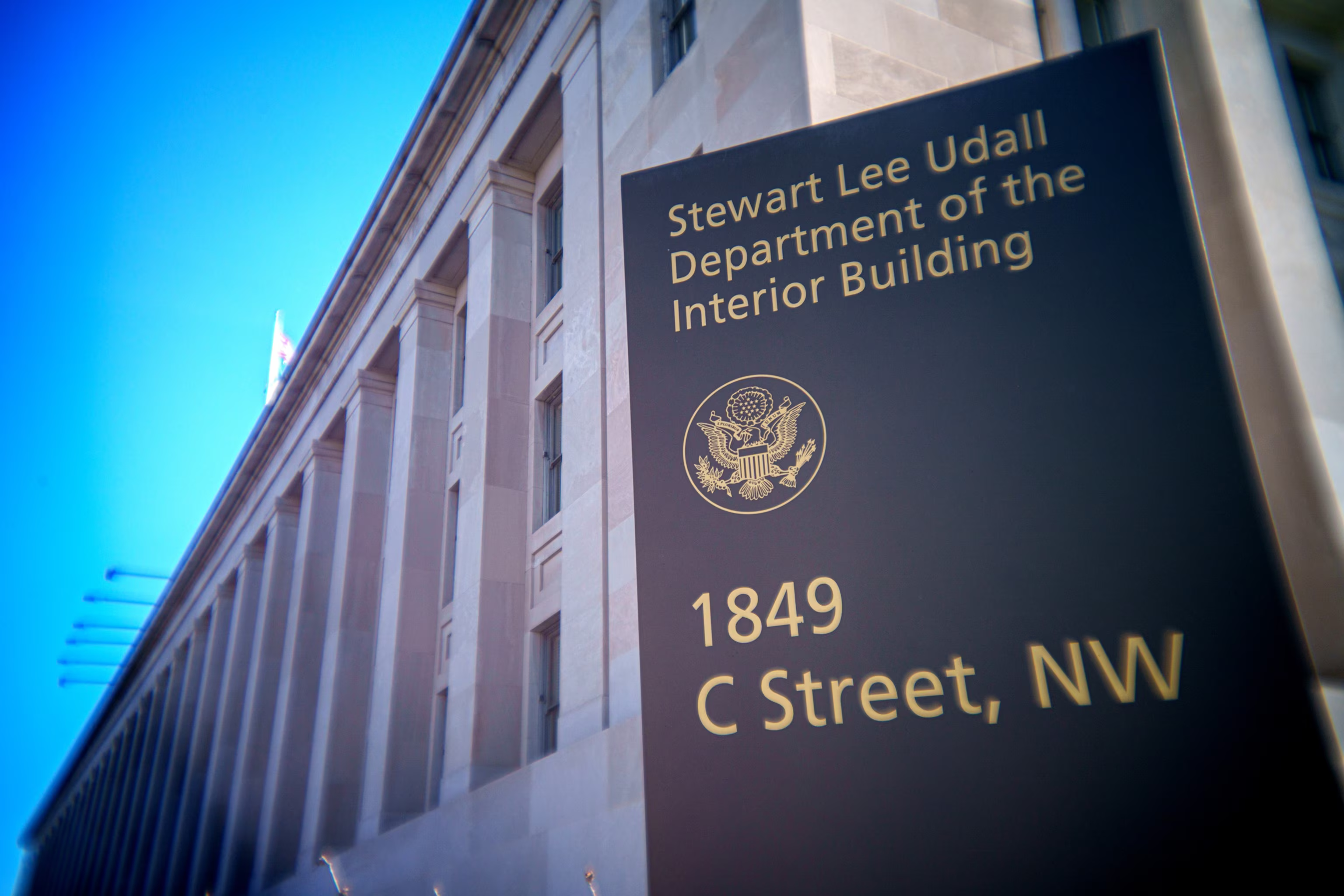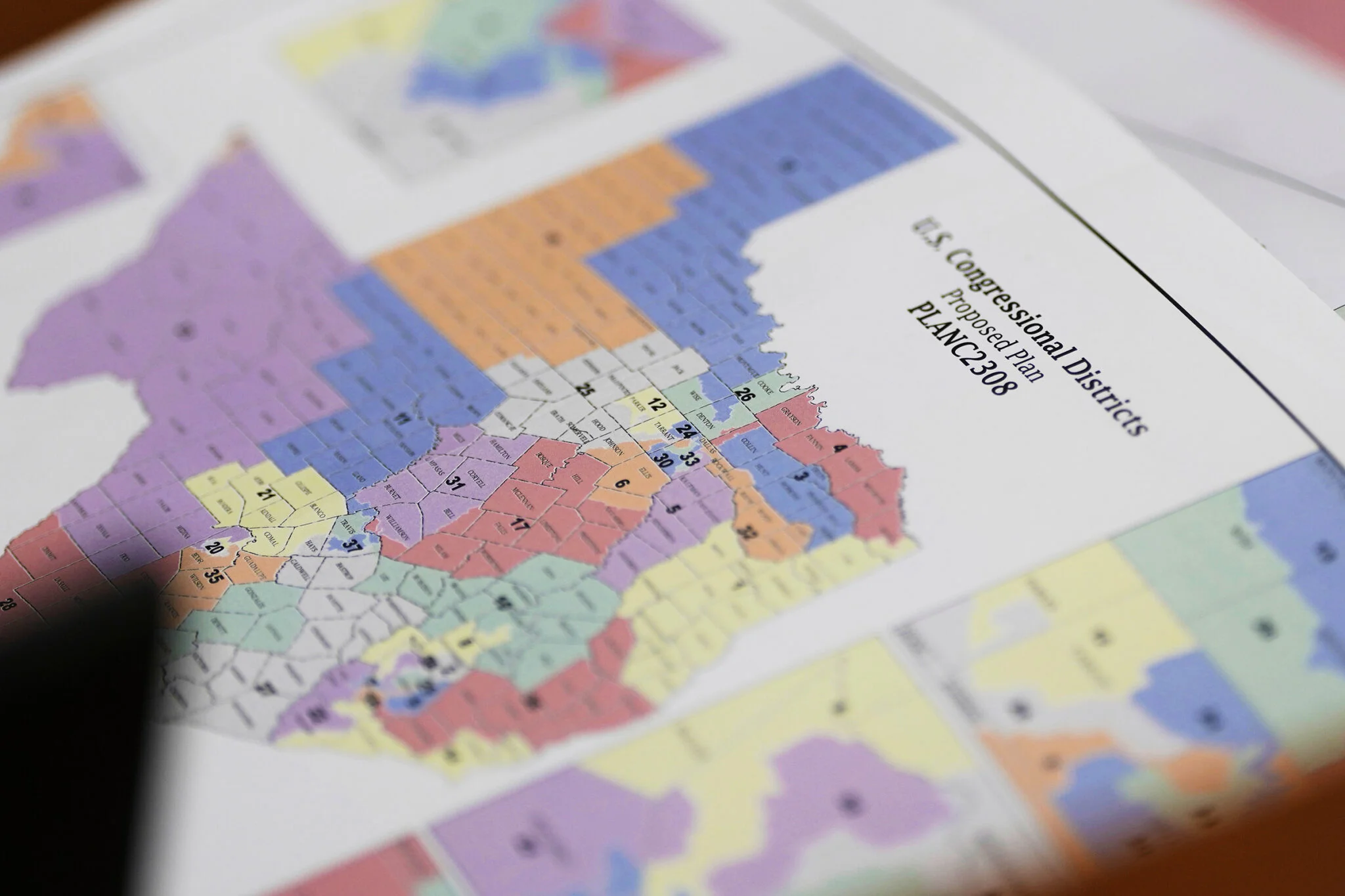President Donald Trump recently announced two significant changes to U.S. immigration policy. The first is the introduction of the “Gold Card,” a permanent residency visa designed for foreigners who invest $1 million in the U.S., or for companies that sponsor candidates with a $2 million investment. The second change involves raising the fee for the H-1B work visa to $100,000 per application. These measures aim to attract investors to create jobs in the U.S. while managing the influx of foreign workers.
Updates to the H-1B Visa
The “Gold Card” is intended to replace the EB-5 program, which granted residency to foreigners who contributed to job creation in the country. This new card will feature a golden design displaying the president, the Statue of Liberty, and the national bird, the eagle.
Simultaneously, the fee for the H-1B visa, which is utilized by skilled professionals in fields such as technology and engineering, will increase to $100,000 per application. The administration indicates this change seeks to prioritize the hiring of American workers and focus on training local talent.
Impact on Tech Companies
Tech giants like Amazon, Microsoft, and Meta, heavily reliant on foreign engineers and programmers, may face challenges due to the increased visa fee. In 2024, the U.S. approved approximately 400,000 H-1B applications, with about 75% from Indian citizens. This new fee structure may deter companies from pursuing these visas, potentially leading to a shortage of qualified professionals in vital areas such as software development and engineering.
The Future of Immigration in the U.S.
With these new rules now in effect, questions arise about who will truly benefit from these changes. Maintaining innovation in a competitive market requires balancing security with openness to new talent. The future of immigration in the United States stands at a crucial juncture; the decisions made now could shape industry dynamics, affect economic growth, and influence the nation’s global competitiveness.
The recent changes to H-1B policies may push some skilled professionals to seek opportunities in countries with more favorable immigration policies. The tech sector has urged lawmakers to reconsider these changes, highlighting the importance of talent diversity for innovation and the continued leadership of the U.S. in technology.
As these discussions unfold, the conversation about the priorities and values shaping immigration policy becomes increasingly significant. The choices made today could have lasting implications for America’s technological landscape and economic capacity.
Contact us today through our WhatsApp to discover how we can help you achieve success in the United States.
Sources: Noticias.UOL | Jovem Pan | CNN Brasil | G1.Globo | Folha.UOL



